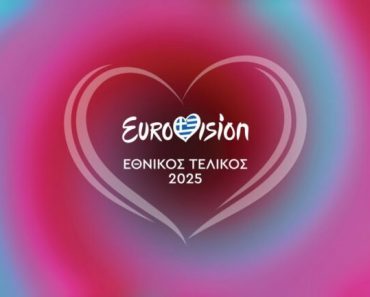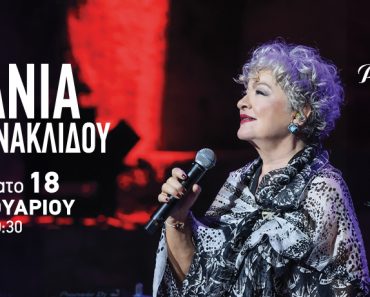Greece’s entry for Eurovision 2025, the song “Asteromata” performed by Klaudia, has sparked reactions in Turkey over its alleged historical references.
The Turkish Radio and Television Corporation (TRT) has announced that it will review the song’s content following claims that it alludes to the Pontian Greek Genocide, a historical event that Turkey refuses to acknowledge.
The controversy erupted after comments made by Klaudia in an interview on ERT‘s “Proïan Se Idon” on January 16.
The singer, who has Pontian Greek heritage, described her song as touching on themes of displacement and refugee experiences.
Following these remarks, the Eurovision Türkiye platform reported that TRT is assessing whether the song contains references to the Pontian Greek Genocide.
If such links are established, Turkey is expected to file a formal complaint at the highest diplomatic level.
“Asteromata” is an ethnic-inspired song that narrates the pain of exile and the struggle for survival. The title, which translates to “Starry-Eyed”, originates from a traditional term used in Smyrna (Izmir) to describe women with striking eyes.
Klaudia has drawn inspiration from her own family history. In a recent interview, she revealed that the song was deeply personal, stating:
“We always wanted to create a song I could truly identify with. It speaks about displacement and exile—experiences deeply rooted in Greek history. My family, of Pontian descent, were refugees. My grandmother, Klaudia, told me stories of how they were uprooted and forced to flee to the Soviet Union. My parents were born and raised there before returning to Greece in 1991 to rebuild their lives.”
The Pontian Greek community was among those affected by the forced population exchanges mandated by the 1923 Treaty of Lausanne, which led to the mass displacement of Christian populations from modern-day Turkey, including the Pontians from Asia Minor.
While many resettled in northern Greece (Macedonia and Thrace), others sought refuge in the Soviet Union or the United States. The fall of the Soviet Union triggered a new wave of migration, with nearly 500,000 Pontian Greeks returning to Greece, often facing social and economic challenges upon their arrival.







